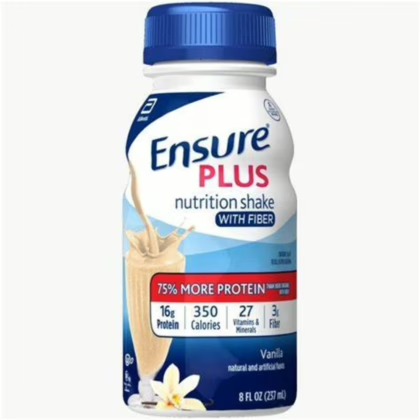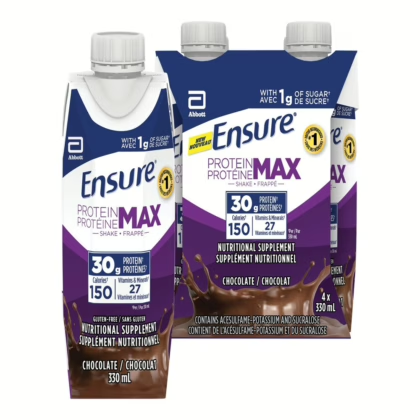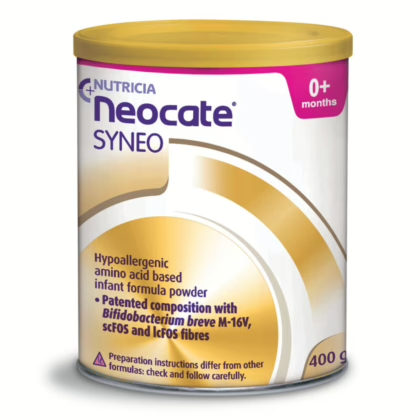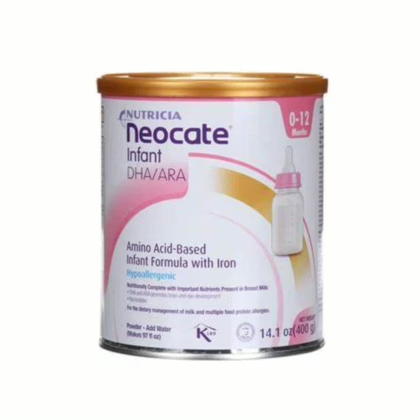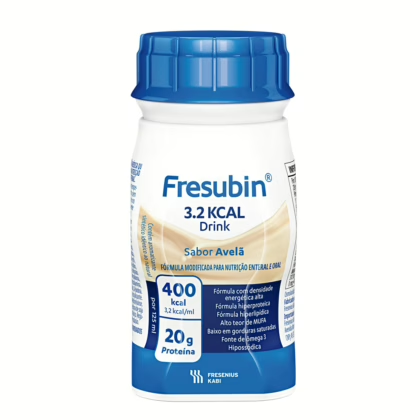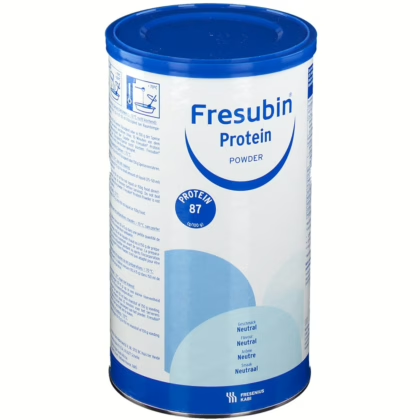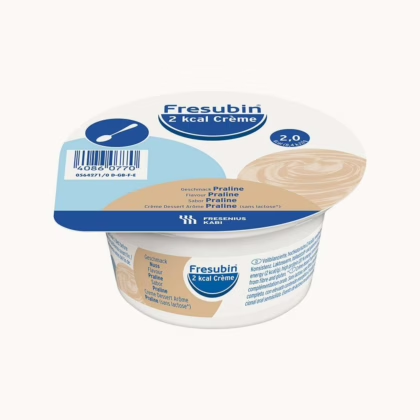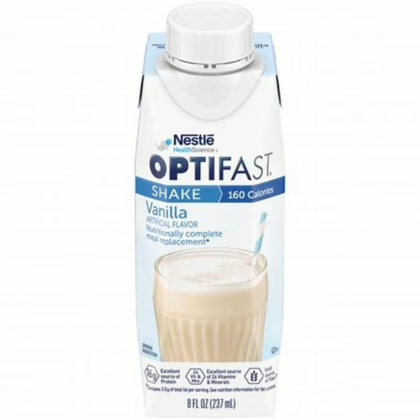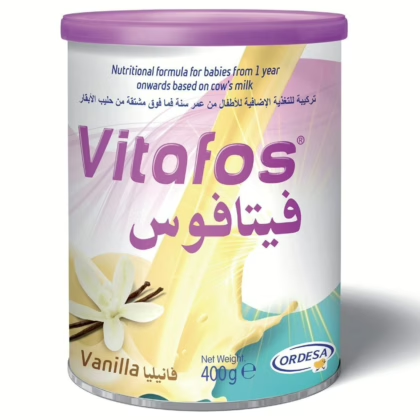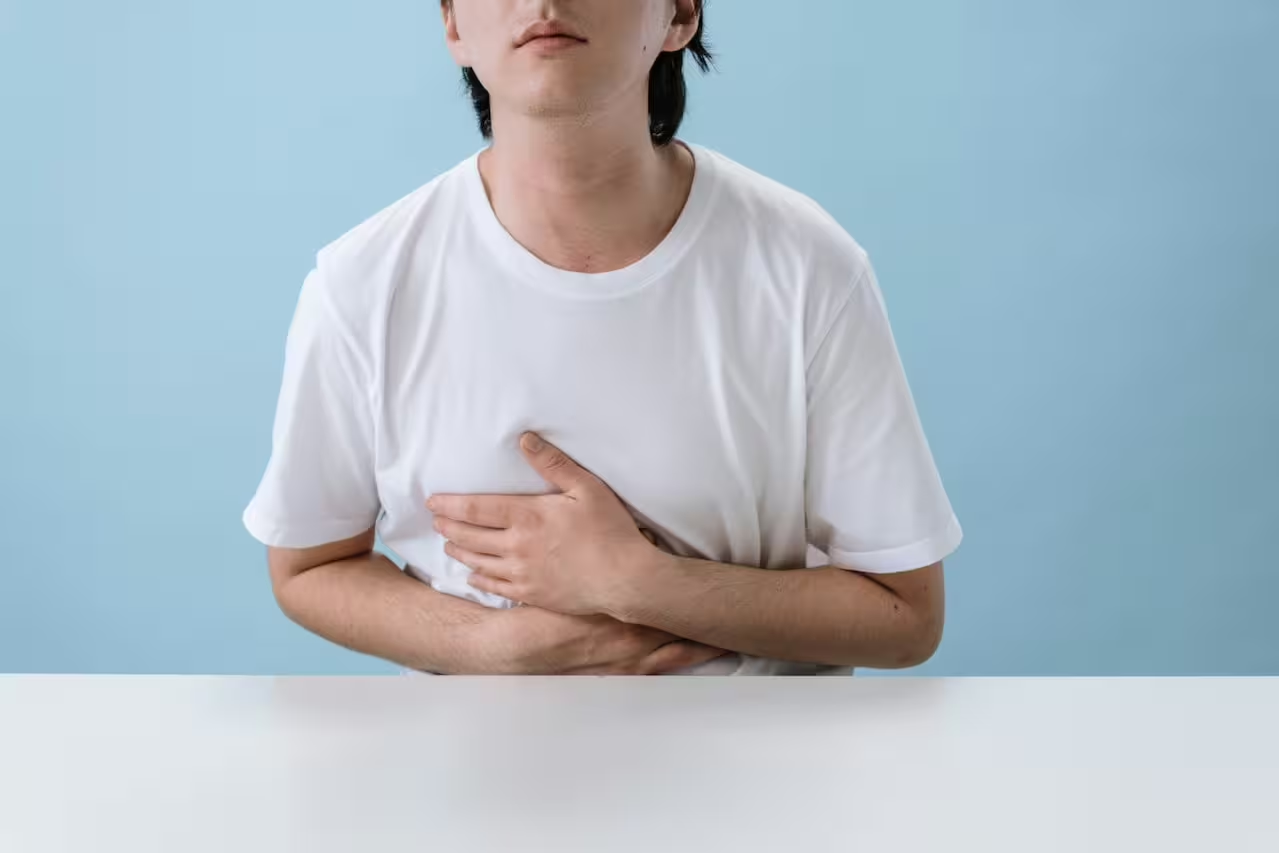
Constipation is an irregular movement of the stool in the digestive tract, stool moves slower than the normal rate. This slow movement leads to hardness and dryness of the stool, and can’t be eliminated effectively from the rectum. It is an inability to completely empty your bowel. The severity of constipation varies from patient to patient, some people have constipation for a short time and some of them have it for a long time and it is considered as a (chronic constipation). Constipation causes pain, discomfort and affects the quality of life. It may occur in babies, children and adults.
To prevent yourself from constipation you need to follow some guidelines to balance your lifestyle and your daily diet. Eat high-fiber foods such as (vegetables, fruits, whole grain cereals and bran). Avoid eating fast food, processed food, and dairy and meat products. Drink from 2 to 3 liters of water daily. Try to manage your stress. Don’t sit for a long time and do your daily exercises.


